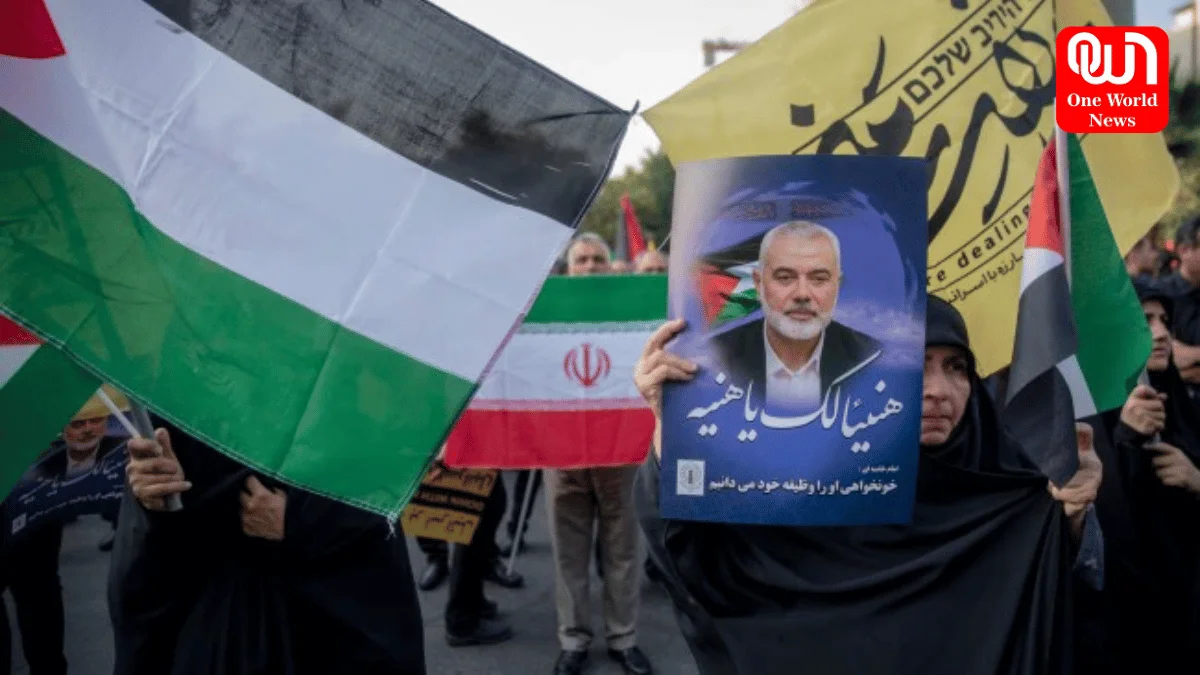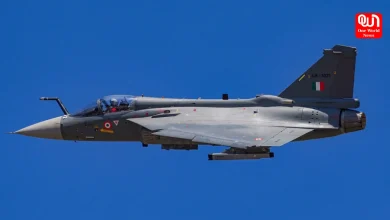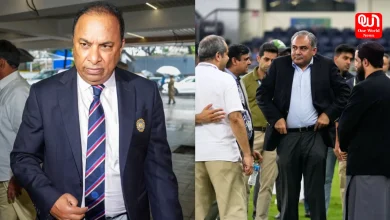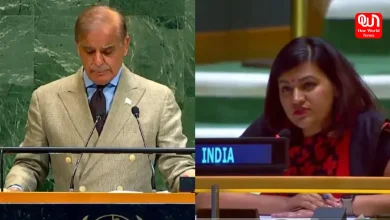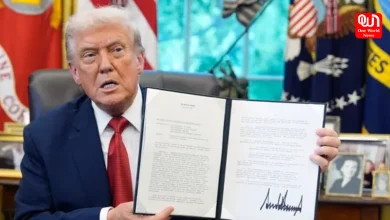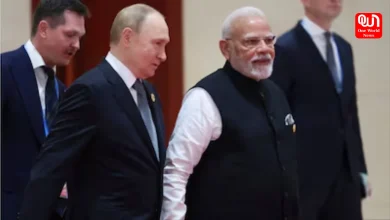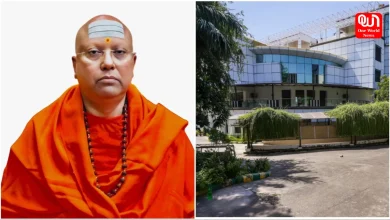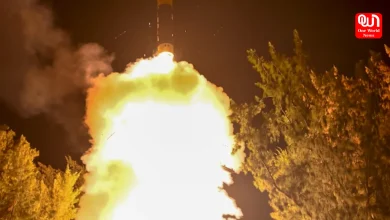Escalation in the Middle East: Iran’s Supreme Leader Orders Direct Assault on Israel Following Haniyeh’s Assassination
Iran's Supreme Leader orders direct attack on Israel after Hamas leader Haniyeh's assassination, risking major escalation in the Middle East conflict.
Iran’s Supreme Leader Orders Direct Assault on Israel Following Assassination of Hamas Leader Ismail Haniyeh, Escalating Middle East Conflict
As many may already be aware, the Middle East conflict has escalated further after Iran’s Supreme Leader Ayatollah Ali Khamenei allegedly directed a direct attack on Israel. This order comes in light of the recent assassination of Hamas leader Ismail Haniyeh in Tehran, which may turn the current regional struggle for power into a large-scale war between Israel and Hamas.

Read more: Latest – Death toll in Wayanad landslides reaches 156, rescue ops on war footing
Mohammed Haniyeh’s assassination that occurred on Wednesday is a big set back to Hamas especially at this crucial stage of Israel-Hamas war. The New York Times pointed out that Khamenei ordered the assassination during an emergency session of Iran’s Supreme National Security Council several hours after Iranian news agencies announced Haniyeh’s demise. Iran and Hamas have both claimed responsibility for the assassination while the latter has not refuted it yet. However, Israel has been known to have targeted their enemies in foreign countries In fact,
The scenario is reminiscent of an event in April when Iran almost crossed the cessation of hostilities line with Israel after launching dozens of missiles and drones in response to an Israeli air raid on its embassy in Syria that killed several Iranian military officers. Even though it was the largest attack carried out by Iran into its covert war against Israel, it would not have been as devastating since most of its missiles and drones were downed by the Israeli air defenses.
While in Tehran attending Iranian President Masoud Pezeshkian’s swearing in ceremony where he was residing in a state guesthouse, Haniyeh was hit by a missile that struck him directly. The details of the attack were released by a senior Hamas official, Khalil Al-Hayya. Haniyeh was actively involved in the political aspects of Hamas through international relations since he was responsible to lead Hamas delegation in the peace negotiations mediated by Egypt and Qatar during the prolonged Gaza war. However, Haniyeh’s assassination, together with the recent killing of Hezbollah’s chief of military, Fuad Shukr in Beirut, escalates the stakes to extremely high levels. They claim that PM Benjamin Netanyahu of Israel is changing the approach of the war, insisting on seeking the heads of Hamas and directly confronting Iran-aligned proxies. Many observers, including analysts and officials within the region, consider this to be one of the most significant attacks orchestrated by Israel against Iran and its allies thus far.
We’re now on WhatsApp. Click to join
In the wake of this incident, Iran has called for a three day mourning period in honour of Haniyeh and has accused the US for its support to Israel. Hamas’ armed wing promised that his assassination would lead to further intensification of the fighting. For example, the protest in turkey where thousands of people marched through the streets of Istanbul to condemn Israel.
Although the US has raised concern over the increasing tensions of another escalation, it explained that it is not so soon in occurrence scenario. The U.S. Secretary of State Antony Blinken was quick to acknowledge that the United States was not involved in the assassination in any way. At the same time, Israeli Prime Minister Netanyahu in his television speech recalled that Israel is ready to counteracts any aggression.
While the officials wait for worse, expectations shifted to Haniyeh’s successor. The deputy prime minister and Minister of foreign affairs, Khaled Meshaal, who is living in Qater, is most likely candidate. His leadership could further shape Hamas’ position in the ongoing Middle East conflict; however, the assassination makes decisive cease-fire possible or not.
The assassination of Haniyeh, besides escalating the conflict, also exposed the precarious dynamics of stability in the region and attracted global attention and demands for ceasefire.
Like this post?
Register at One World News to never miss out on videos, celeb interviews, and best reads.

